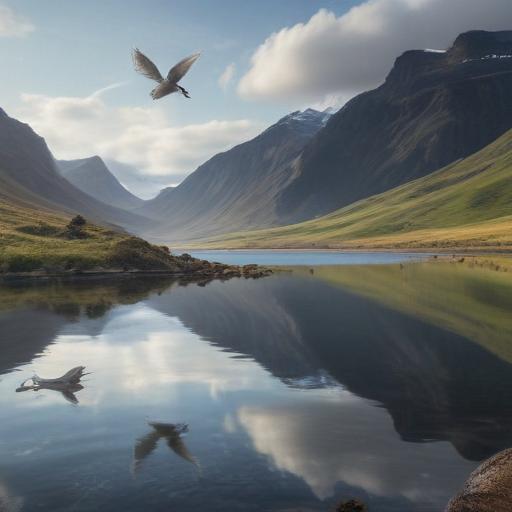Five nations continue to sit at the top of the world’s peace rankings in 2025, with residents in the most peaceful counties describing daily life shaped by policies and cultural norms that nurture calm and security.
The latest Global Peace Index tracks 23 indicators, spanning external conflicts and military expenditure to safety and security measures such as responses to terrorism and homicide. Even as global wars rise and border controls tighten amid growing trade frictions, a small group of countries remains consistently peaceful, illustrating how targeted policies and social norms can sustain low levels of violence and fear over time.
Iceland holds its long-running crown as the most peaceful nation, a position it has kept since 2008. It leads across safety and security, ongoing conflict, and militarisation, and this year it posted a 2% improvement, widening its lead over the next-ranked country. Residents say such stability comes from a combination of well-functioning institutions, a strong social safety net, and cultural emphasis on trust and cooperation, which together reduce daily tensions and foster a sense of security.
Beyond Iceland, the article explores how policies and local culture in peaceful nations translate into everyday life—factors such as predictable governance, transparent policing, and community cohesion that help keep fear and violence relatively low even when the world around them grows more unstable.
Key takeaways:
– The top tier includes five nations, with Iceland at the forefront for nearly two decades and a notable year-over-year improvement.
– The global picture remains troubled by rising state-based conflicts, which has spurred greater militarisation in some regions.
– Peaceful societies highlighted in the report emphasize strong institutions, social welfare, and broad public trust as core stabilizers.
What this means for readers: Peaceful nations demonstrate that sustained stability is not accidental. It often results from long-term investments in education, social services, transparent governance, and effective, accountable security systems. For policymakers, the index offers a model of how policy choices over years contribute to a calmer, safer everyday life for citizens.
A possible hopeful angle: While conflicts surge elsewhere, the persistence of high-peace countries shows that a deliberate mix of safety, welfare, and social trust can create enduring calm. Communities studying these models may find practical steps to reduce violence and improve quality of life without sacrificing freedoms.
Summary:
– Iceland remains the world’s most peaceful nation, with a 2% improvement this year and optimal rankings in safety and security, ongoing conflict, and militarisation.
– The Global Peace Index reminds us that peace is attainable through deliberate policy and cultural practices, even as global tensions rise.
– The piece highlights how peaceful societies translate policy into daily life, offering a constructive blueprint for others seeking greater calm and security.
